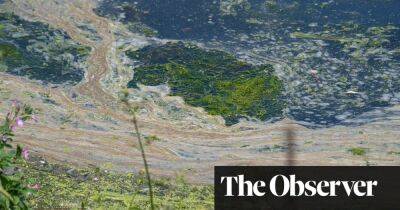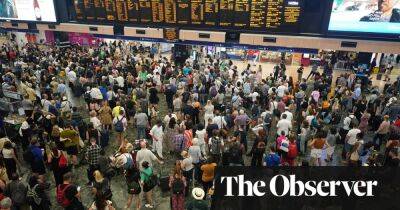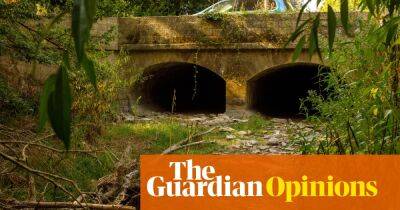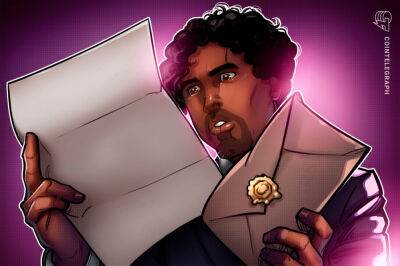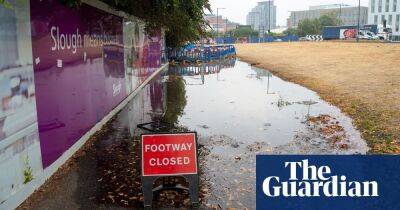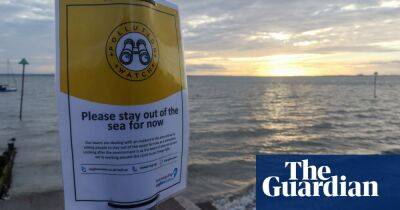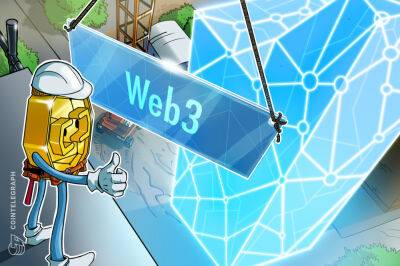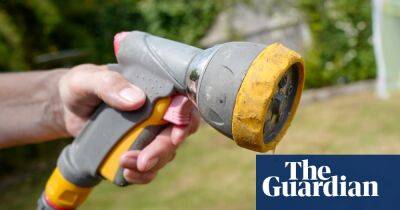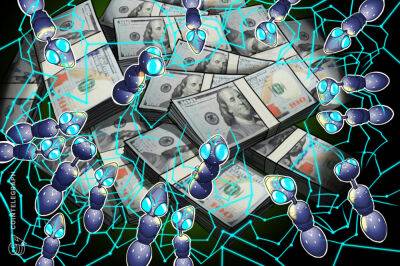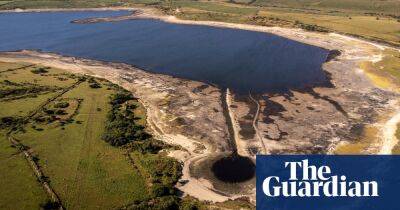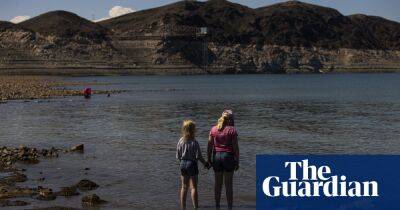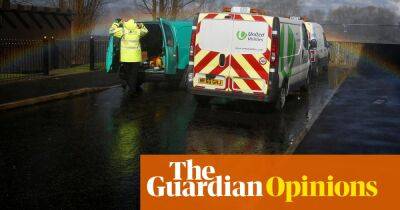Weatherwatch: water company shareholders happy to let us spray
Meters are supposed to limit water use because people know that they will be charged for the amount they use, making some consumers think twice before washing the car or watering the garden.
Where the water shortages are greatest in the south and east of England, more than half of all homes now have them.
Very few had meters before the water supply and sewage industry was privatised in 1989. Much water had always been wasted and meters were seen to be part of the answer.
There had been a lot of concern since the great drought of 1976 that the country was facing inadequate water supplies for a growing population.
Sign up to First Edition
Archie Bland and Nimo Omer take you through the top stories and what they mean, free every weekday morning
Both the government and the newly privatised companies thought that introducing meters was a vital way of conserving supplies. Households with meters were said to use 20% less water, potentially removing the need for new reservoirs.
Scroll forward to the current crisis and the meters have assumed a different role. While both environmentally aware and financially stretched consumers are saving water, some better off consumers spray their gardens, fill their ponds and swimming pools, and wash their cars regardless because water is still comparatively cheap.
No wonder the companies do not want a hosepipe ban – shareholders will make many millions in dividends in the drought.
Read more on theguardian.com


